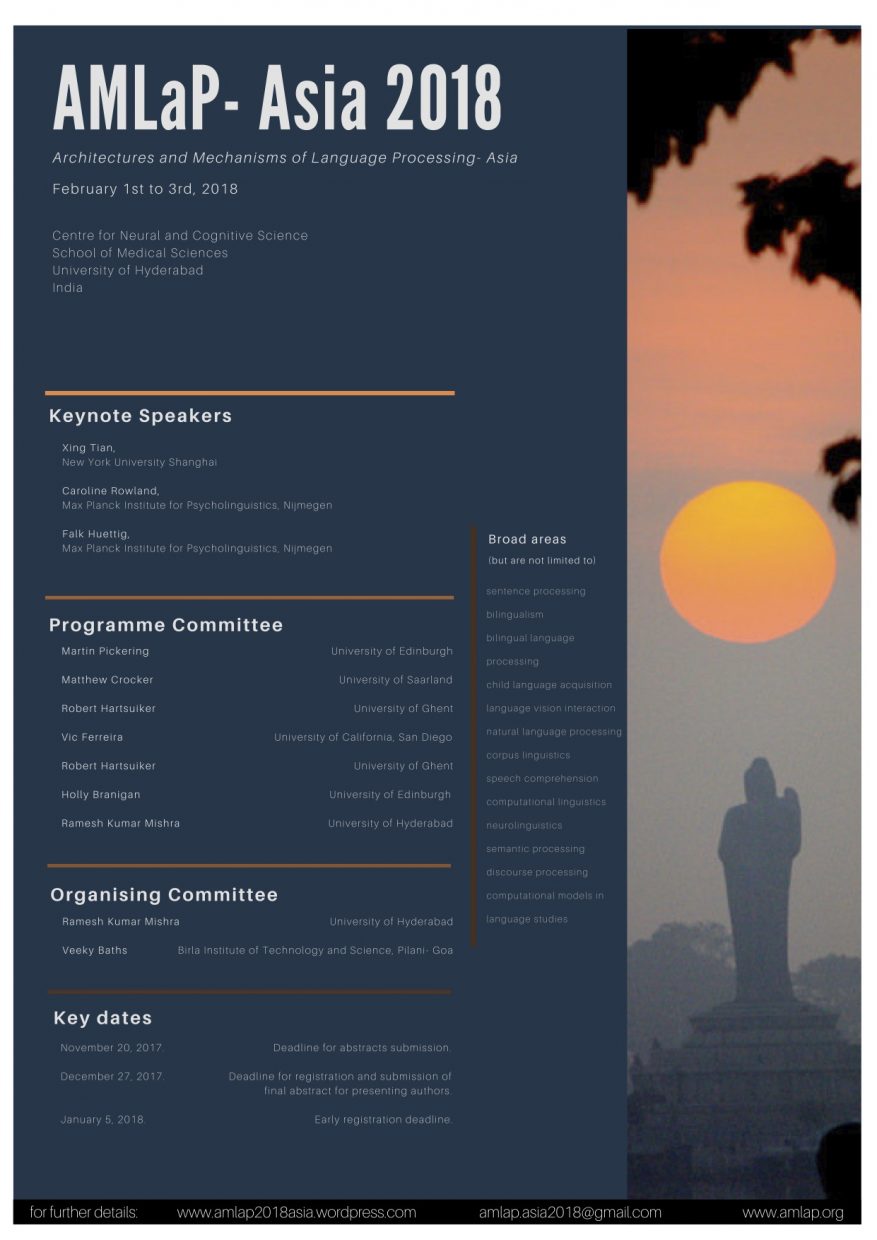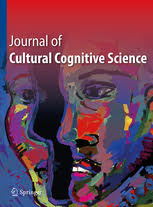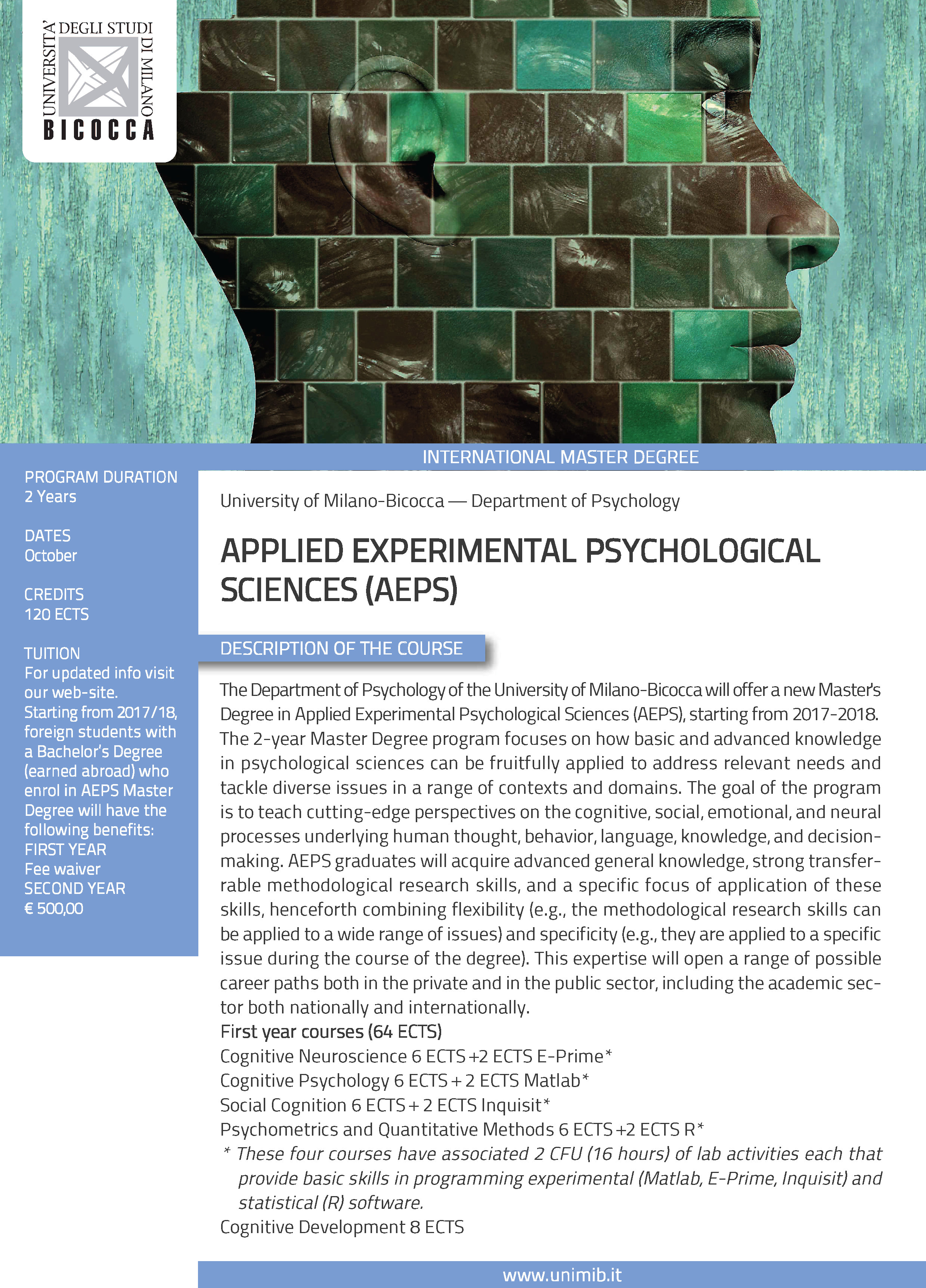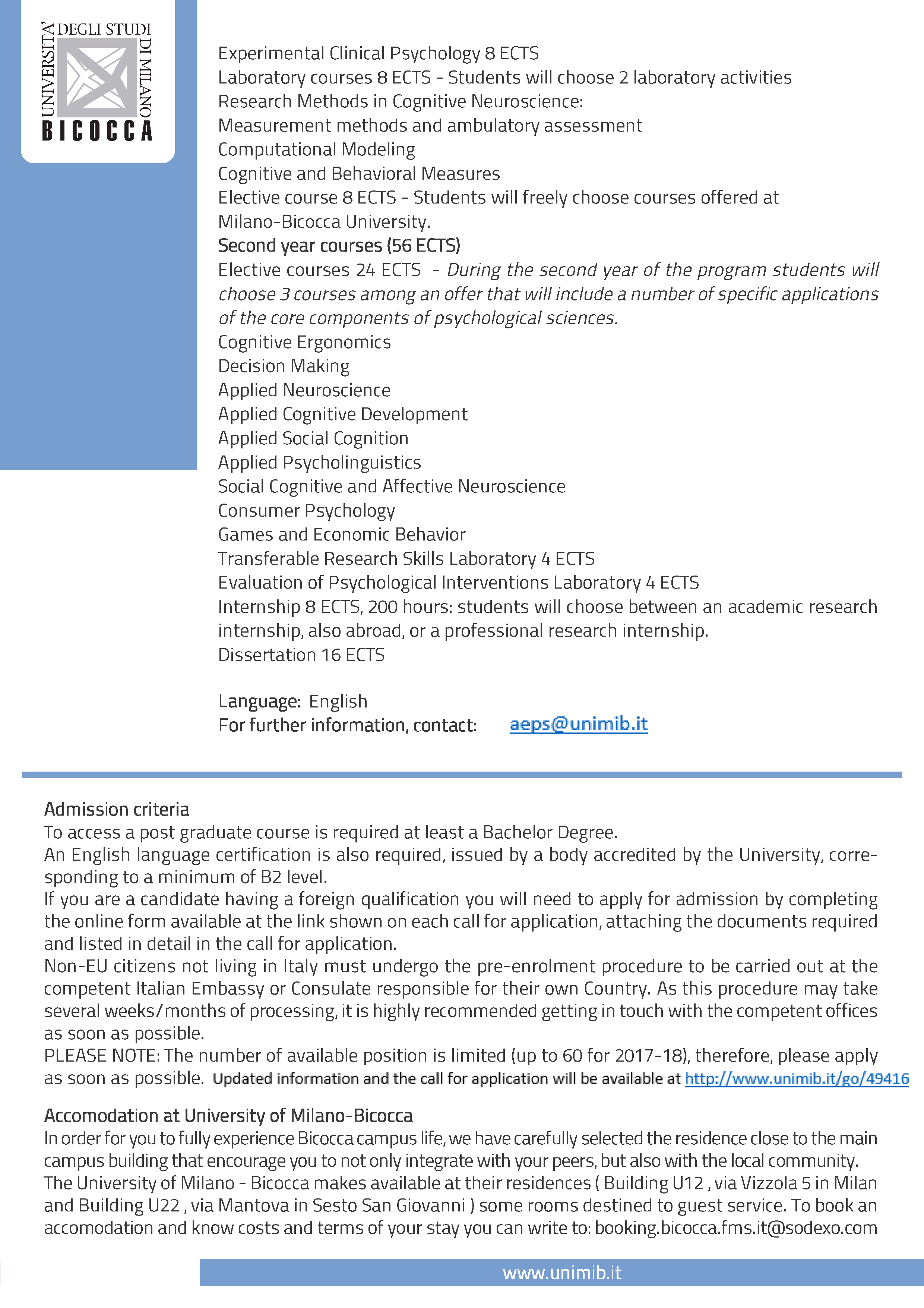1. Project Director’s update: Welcome to Words in the World
2. Upcoming events
(a) 10th International Conference on the Mental Lexicon
3. Updates and new project initiatives
(a) Aphasia Friendly Business campaign at the University of Windsor
(b) Update from Dr. Eva Kehayia
1. PROJECT DIRECTOR’S UPDATE: WELCOME TO WORDS IN THE WORLD
Dear Words in the World Colleagues,Let me begin by thanking you for participating in the Words in the World Partnership and congratulating you on the success of our application to the Social Science and Humanities Research Council of Canada (SSHRC). We were informed in April that our application was successful and we expect that we will soon be able to announce the grant publicly, as soon as SSHRC informs us that the public communication embargo is lifted.
ABOUT THIS NEWSLETTER
Communication across the network will be key to our ability to create and mobilize scientific knowledge on the representation and processing of words in the mind and brain and to generate discoveries and applications that address the real-world use of language. This “Words in the World Newsletter,” which we plan to send out monthly, will be one of the partnership’s communication activities. The goal of the newsletter is to provide a simple text-based means of updating members of the partnership on developments, opportunities, and upcoming events of interest.
I therefore invite and encourage you, as members of the Partnership to send announcements that we can include in the newsletter to us at wordsintheworldgrant@gmail.com.
PARTNERSHIP STARTUP ACTIVITIES
Since we received notification of funding, we have been working to set up the structures that will ensure that we, as members of the Words in the World Partnership, can work to advance the development of the next generation of research leaders through partnered training and collaborative knowledge creation and mobilization.
These activities include:
i. Designing the Words in the World Web Portal. This is a major and extremely important undertaking because it will constitute a virtual home for training, information repositories, and knowledge exchange for partners and our stakeholder communities.
ii. Launching our three Accelerator Committees. The Training Committee, the Innovation & Knowledge Mobilization Committee, and the Research Integration Committee will bring together partners, collaborators, and students in order to advance the partnership’s activities in these three key domains of the partnership.
iii. Developing our Milestone Document to be submitted to SSHRC in October. This document will lay our goals, targets, and their associated timelines for the first half of the granting period.
2. UPCOMING EVENTS
(a) 10th INTERNATIONAL CONFERENCE ON THE MENTAL LEXICON
The 10th International Conference on the Mental Lexicon will be held in Ottawa from October 19-21. This 10th conference constitutes a milestone for us, as it was conceived and launched in 1998 as part of a previous large-scale SSHRC-funded initiative. Accordingly, the 10th Conference will be held in Canada’s capital city. The Conference provides a special, biennial, opportunity for communication within our community, with this year’s offering including thirty-five platform presentations and over sixty poster presentations showcasing exciting advances in research.This year, we are offering a Lunch & Learn networking event sponsored by the Words in the World Partnership Project, which is funded by the Social Sciences and Humanities Research Council of Canada (SSHRC). The event is designed for students and post-doctoral fellows. It will last for one hour (12:15 – 1:15) on October 19, and will feature a brief panel presentation with academic, community, and industry representatives. There will be opportunity for discussion following the panel presentation.Registration for the conference is still open! So, if you have not already registered for the conference and, if your schedule permits, I hope you will consider attending and using it as an opportunity to meet colleagues and to develop new opportunities for research and application.The conference schedule and registration information are both available at http://www.mental-lexicon-2016.com/.Early-bird registration ends September 15th!
3. UPDATES AND NEW PROJECT INITIATIVES
(a) APHASIA FRIENDLY BUSINESS CAMPAIGN AT THE UNIVERSITY OF WINDSOR
This summer saw the beginning of the Aphasia Friendly Business campaign at the University of Windsor. The goal of this campaign is to improve accessibility to business services for people with aphasia by providing education and resources for local businesses. This work has been recognized through awards and prizes from the University of Windsor and the Royal Bank of Canada (RBC). They are working towards a formal partnership with the Government of Ontario and the Ontario Association of Hotels, Motels, and Restaurants. They are poised to go beyond Windsor, and will be looking for interested trainees from across the Words in the World network.
(b) UPDATE FROM DR. EVA KEHAYIA, Scientific Director of the Centre for Interdisciplinary Research in Rehabilitation (CRIR) and Associate Professor at McGill University
In May 2016, a meeting with Mr. Richard Nolin, Vice-President Operations at COMINAR (a Words in the World partner), not only confirmed their continuing partnership with the grant, but also extended an invitation to explore similar partnerships and training possibilities across Quebec.
In July, a meeting with current Words in the World partner Aude Porcedda, of the Musée de Civilization de Québec, also opened discussions with Director Nathalie Bondil, Director of the Montreal Museum of Fine Arts (MMFA), as well as other members of the MMFA who have expressed interest in collaborating on the project.
These collaborations open exciting opportunities for McGill and Université de Montréal trainees, as well as other trainees within the Words in the World network, who can explore new avenues for psycholinguistic research in real life contexts.
If you have something you would like to include in the next newsletter, contact us at wordsintheworldgrant _at_ gmail.com.







